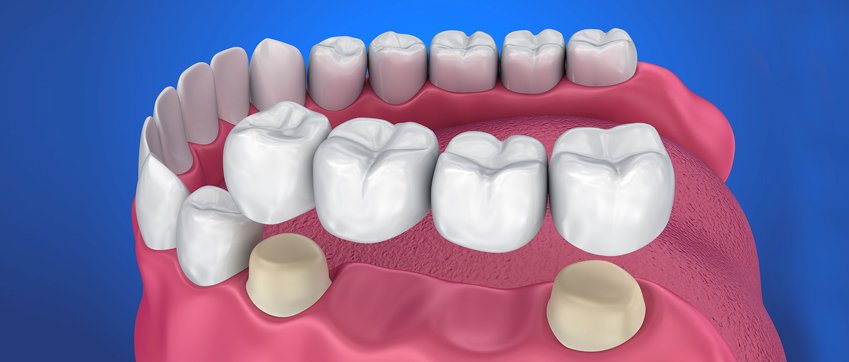A radiant smile can be a game-changer in many situations, from professional meetings to social gatherings. However, damaged or missing teeth can sometimes hinder that confidence. Thankfully, advancements in dental technology have provided several solutions to restore that lost shine. Among these, dental crowns stand out as a popular choice. But did you know there are alternatives to the traditional dental crown? Let's delve into the world of dental restoration and explore these options.
Understanding Dental Crowns
Dental crowns are essentially caps placed over damaged teeth to restore their shape, size, and strength. They not only enhance the appearance but also protect the weak tooth from further damage. After discussing the dental crown procedure, it's essential to mention the dental bridge treatment. This treatment is ideal for those missing an entire tooth or even several teeth. Dental bridges cover the space where the tooth is missing, offering a permanent solution that reduces frequent dentist visits.
Types of Dental Crowns and Their Alternatives
- Traditional Dental Crowns: These are the most common type and are made from various materials like porcelain, resin, or metal. They cover the entire damaged tooth.
- Dental Bridges: As mentioned earlier, these are ideal for missing teeth. They bridge the gap created by one or more missing teeth. The bridge is anchored by two crowns on either side of the gap and contains a false tooth in between.
- Onlay and Inlay Crowns: Unlike traditional crowns that cover the entire tooth, onlays and inlays only cover a portion of the damaged tooth. They are custom-made in a dental lab and then cemented onto the tooth.
- Implant-Supported Crowns: These are used when the entire tooth is missing. A dental implant is first placed into the jawbone, and then the crown is attached to it.
Benefits of Dental Crowns and Bridges
- Durability: Both dental crowns and bridges are long-lasting solutions. With proper care, they can last anywhere from 10 to 15 years, sometimes even longer.
- Enhanced Appearance: They are designed to resemble natural teeth, ensuring that your smile remains as authentic as possible.
- Improved Oral Health: By covering damaged or decayed teeth, crowns and bridges prevent further deterioration and protect against potential infections.
- Restored Functionality: Damaged teeth can make chewing difficult. With crowns and bridges, you can eat your favorite foods without any hassle.
Taking Care of Your Dental Crowns and Bridges
Maintaining your dental crowns and bridges is crucial for their longevity. Here are some tips:
- Regular Brushing and Flossing: This removes plaque and prevents decay.
- Avoid Hard Foods: Biting down on hard foods can damage your crowns or bridges.
- Regular Dental Check-ups: Visit your dentist regularly to ensure that your dental restorations are in good condition.
Final thoughts
Dental crowns and their alternatives, like bridges, offer a reliable solution for those looking to restore their smile. Whether you have a damaged tooth or a missing one, there's a dental solution tailored for you. Remember, each tooth plays a vital role, and taking care of them ensures a healthy mouth and a confident smile.
Markham7 Dental your trusted partner in dental care. Ready to restore your smile? Book an appointment with us today!


No comments yet